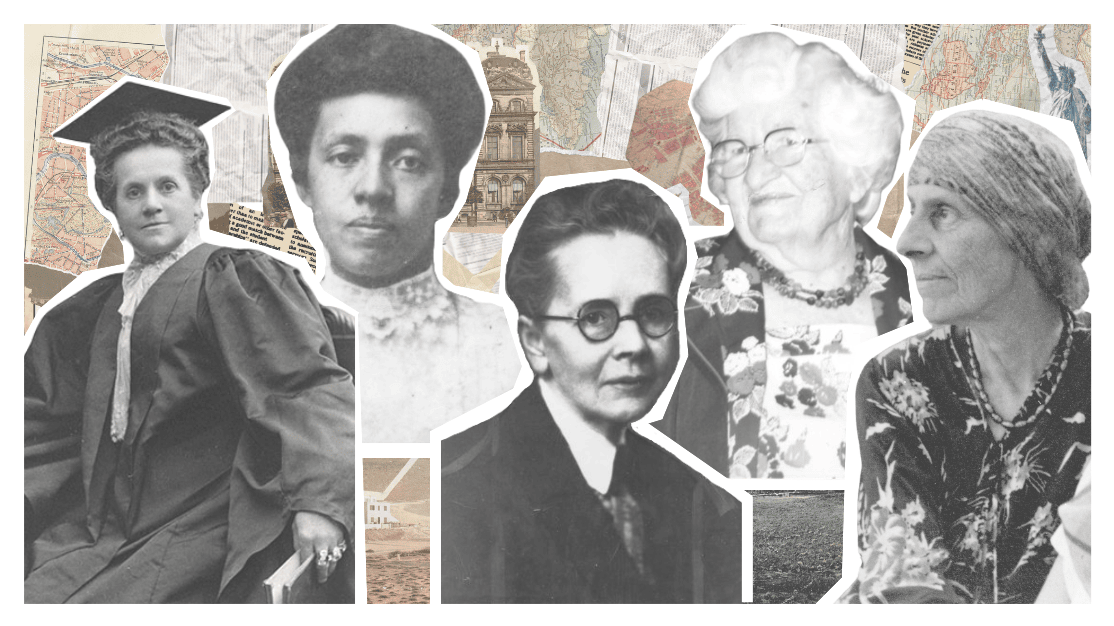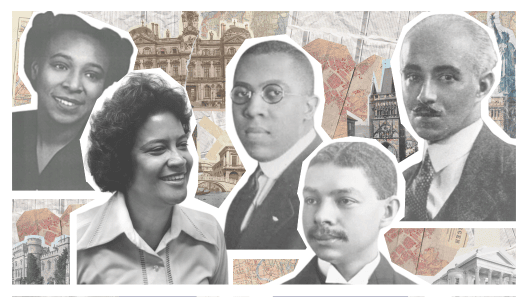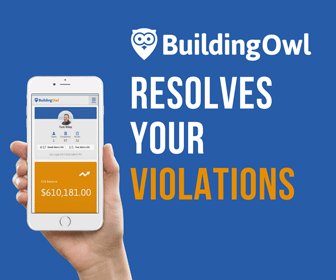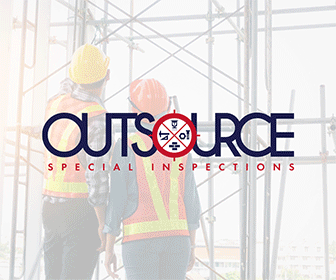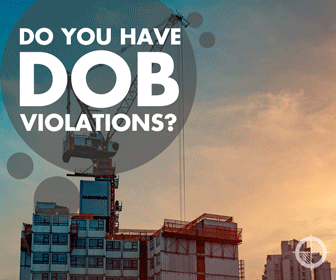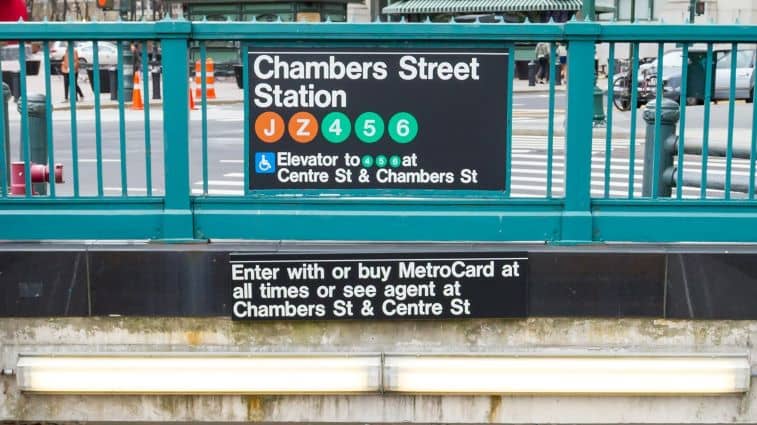
In the Zone: New Zoning Proposals for Accessibility and Health
In Spring 2021, several zoning changes to improve transit accessibility and to lower barriers for small and independent health-focused businesses were proposed and put under public review.
These potential changes seem to signal a push for growth in the city that prioritize well-being, accomplished through both private and public efforts.
Here’s a look at what might be coming down the pipe.
Elevate Transit: Zoning for Accessibility
Less than 30% of the 472 NYC subway stations are currently accessible. While a significant amount of money has been allotted for transit accessibility across all MTA branches for 2020-2024, current zoning regulations keep these resources from being evenly distributed throughout the system.
Under current rules, developers are brought in to install the expensive station elevators along with any other station improvements for the MTA, but only in small, high-density parts of the city. In addition, it can be tricky and expensive for MTA to create access points on their own, since they may have to carve out sidewalk space and work around any utilities located there.
However, under the proposed Zoning for Accessibility (ZFA) program, private developers in the adjacent area would work with the MTA and DCP to leave a space (or easement) open in their work sites for the city to build an elevator or access point at a later time.
Developers of sites adjacent to transit stations may have to consult the MTA, who may determine the need to build an access point on the property. However, developers will also receive zoning relief to compensate for such easements.
The hope is that this adjustment gives the MTA more leeway to expand accessibility to more stations in a faster timeframe and at a lower cost. On the one hand, according to The City, some of New York’s worst-maintained subway elevators are privately maintained. On the other hand, this change will put more responsibility on the MTA to make sure all its subway elevators are in good condition.
Expanding Access to Food and Fitness
Another big zoning development proposed is an expansion of the FRESH program. It would ease restrictions and offer zoning and tax benefits to encourage development of more greengrocers in lower income areas throughout the city. It would also expand the program to 11 more community districts in the Bronx, Brooklyn, Queens, and Staten Island.
The pandemic proved how important it is for people to have easy access to healthy, affordable food. While the FRESH program has existed since 2009, new updates will prevent the formation of supermarket clusters, remove the need for existing buildings to make expensive wall-to-window replacements, and reduce costly parking requirements in lower density areas.
In another health-related zoning move, the city is also looking to amend current requirements on small health and fitness facilities, such as small gyms and licensed massage studios, so that they can open “as of right,” rather than needing to get special permission from the Board of Standards and Appeals. This is meant to encourage the growth of fitness centers beyond the commercial neighborhoods and help support small and independent businesses providing beneficial services to communities.
Opportunities Ahead
A 2019 New York City Council report supporting zoning for transit accessibility pointed out that zoning is “a policy tool with untapped potential,” which can “better align private development with public benefits.”
These recent proposals, plus the May 2021 approval of the Zoning for Coastal Flood Resiliency rules, may show the city is starting to tap into the potential of this tool to better ensure the health and safety of citizens, which may mean great opportunities and benefits for private developers and projects in certain sectors in the near future.
For help navigating your next project, or if you have any questions on code changes, please reach out to the code and zoning experts at Outsource Consultants.
Resources
- A Recovery for All of Us: Mayor de Blasio Announces Zoning Changes to Create More Vibrant, Equitable City
- Elevate Transit: Zoning for Accessibility
- Health and Fitness Text Amendment

